The relationship between corruption and government involvement in economic activity
MICHAEL BUSLER, RICHARD STOCKTON COLLEGE, USA
Purpose – Corruption (dishonest or fraudulent conduct by those in power, typically involving bribery) hinders economic development, particularly for developing countries. The purpose of this paper is to determine the relationship between government involvement in economic activity and corruption.
Design/methodology/approach – The model proposes that the variation in a country’s corruption index can be explained by changes in the average tax rate, government spending as a percentage of GDP, the Regulatory Index and the tax burden as a percentage of GDP. These were the independent variables that were selected to show government involvement in economic activity. The regression analysis used data from 137 countries.
Findings – The analysis found that 80% of the variation in the corruption index can be explained by the independent variables used. Further, each independent variable had a significant impact on changes in the corruption index. This suggests that as government involvement in the economy increases, corruption also increases. The countries with the most economic freedom and least government involvement had significantly lower readings on the corruption index.
Originality/value – While the literature is full of scholarly work showing the effect that corruption has on a number of key variables, there is little relating the government’s role in economic activity to the corruption index. This research represents original work in this area.
Keywords Corruption, Government involvement, Economic development, Tax rates, Freedom index
